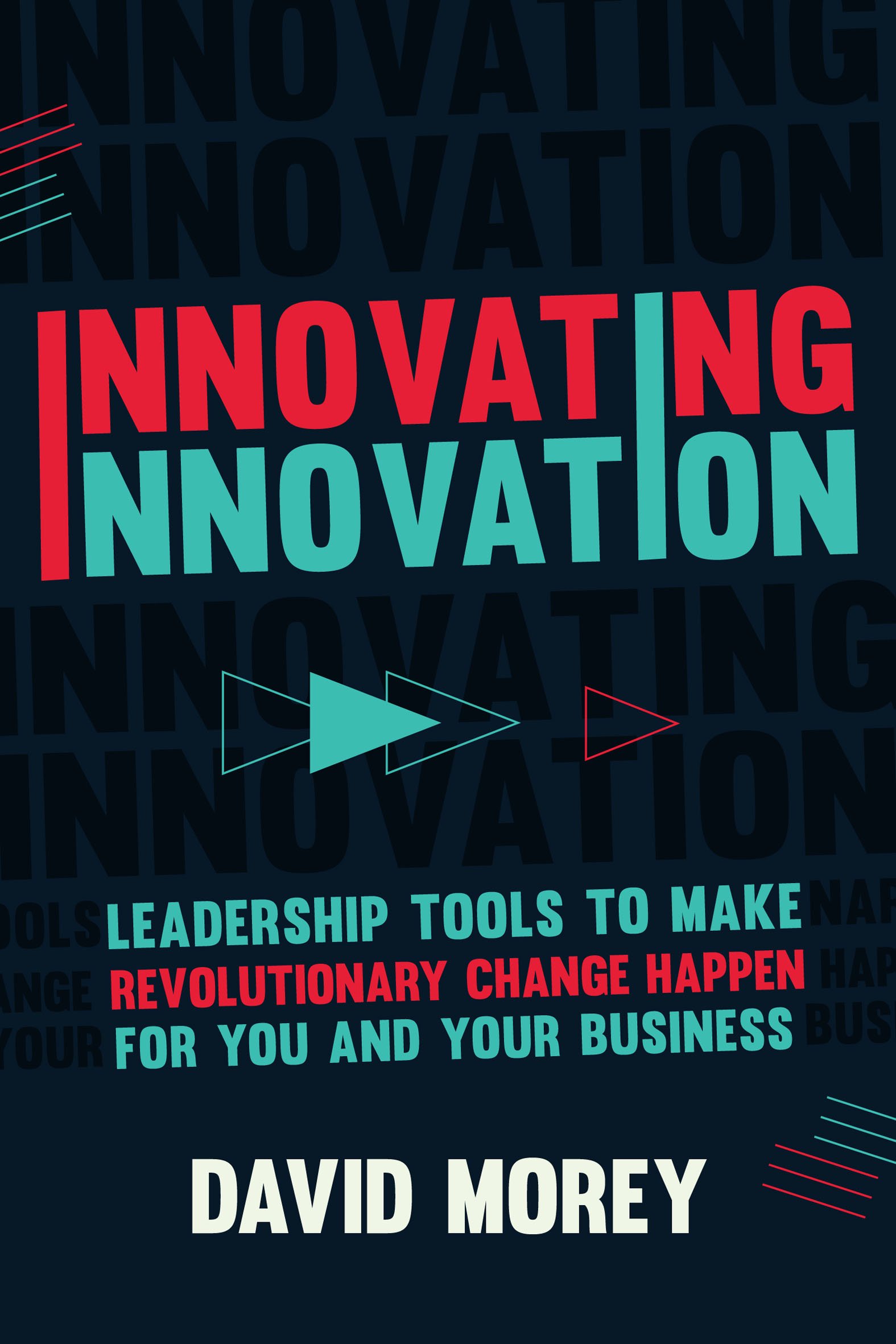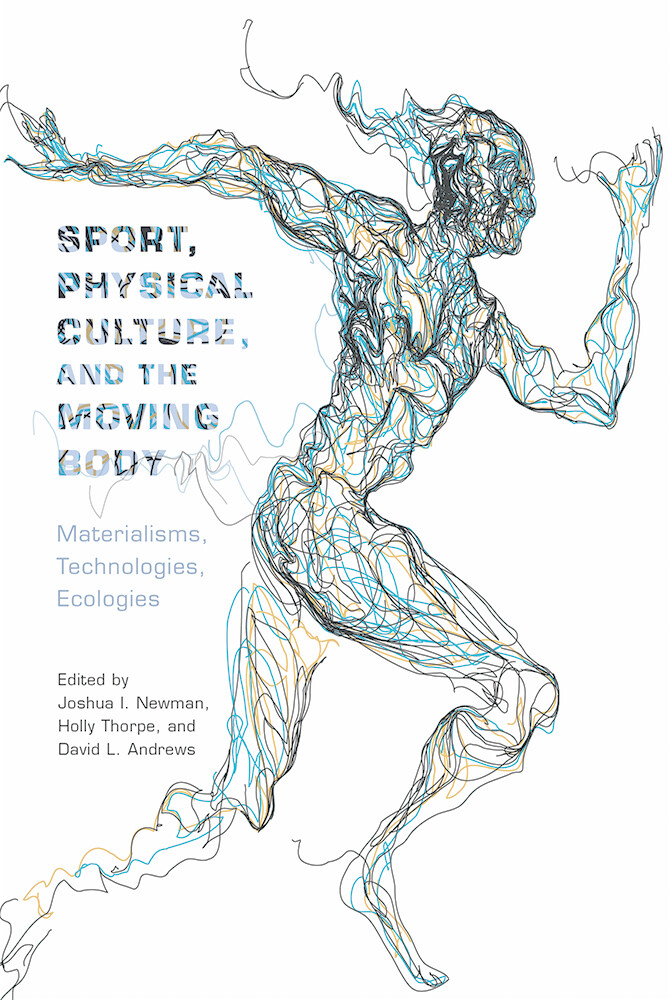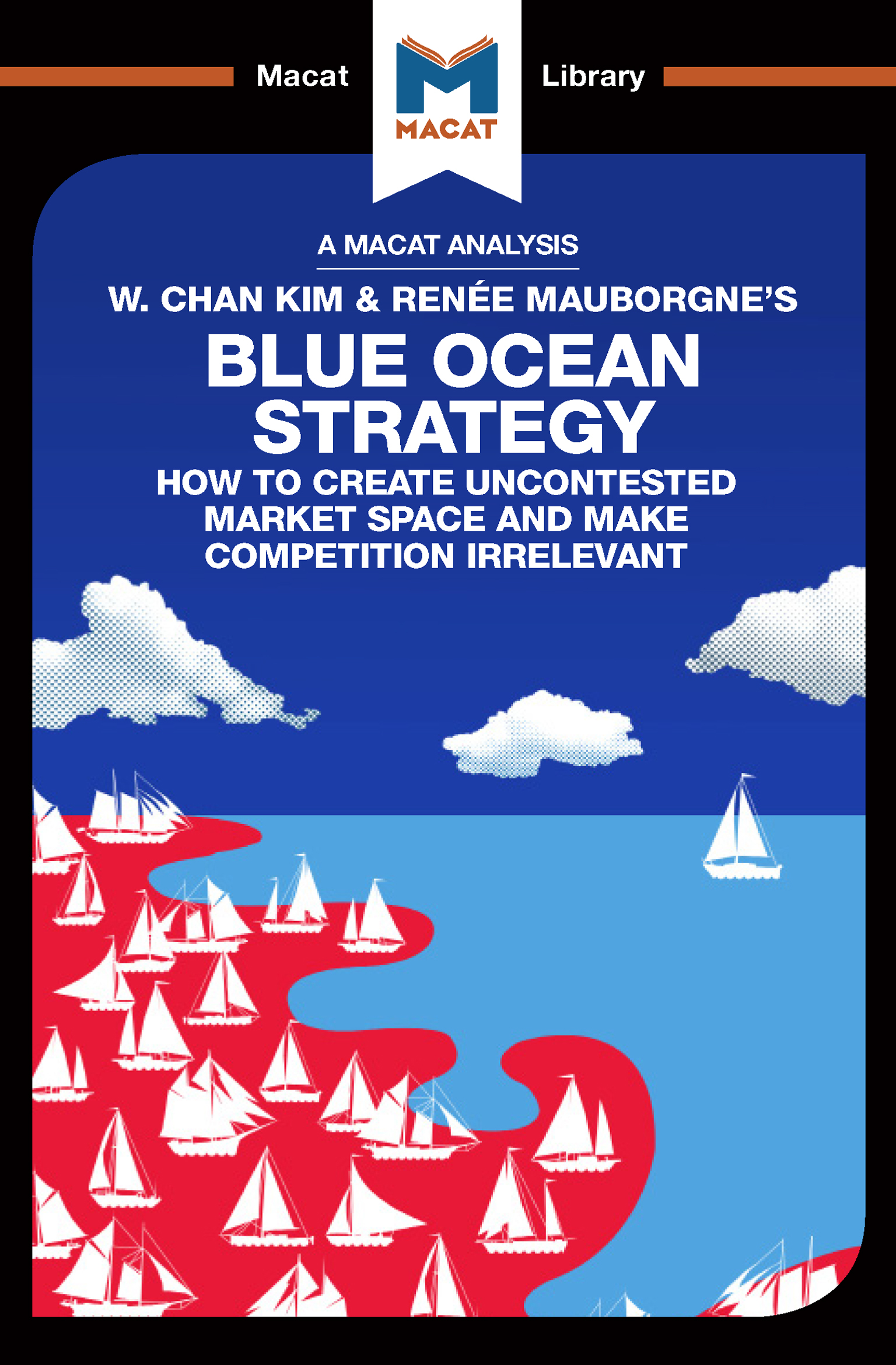The dissertation shows why innovations are vital to succeed in the low-income market segment, i.e. the four billion people living on less than 8 USD per day. In particular, it explores the role low-income consumers can play in corporate innovation processes. The study tests and expands theoretical findings on user innovations and lead users in the Brazilian low-income context. The findings also aim to enhance the capacity of companies to develop new solutions for the so far untapped low-income market by leveraging the knowledge of their target group.












